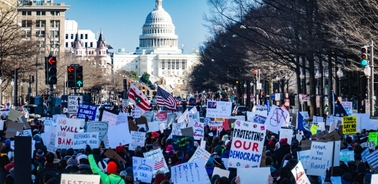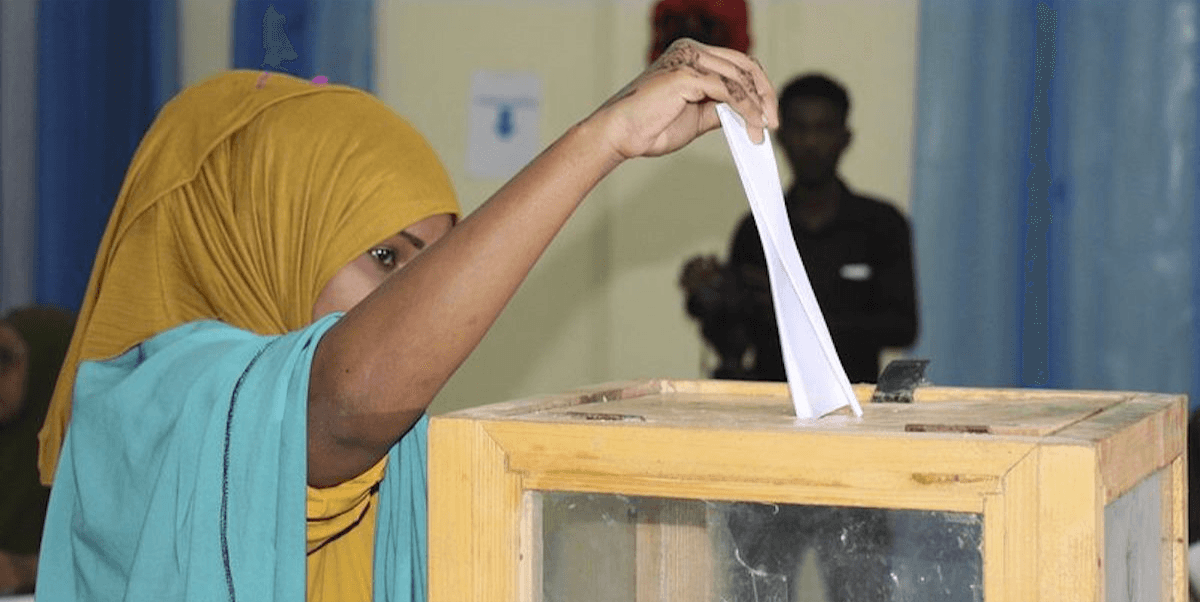- Home
- News And Events
- News
- Defending And Strengthening Democracy Through Ai
Defending and Strengthening Democracy through AI

AI4Democracy, an initiative launched recently, addresses global threats to democracy such as deepfakes and AI bots through impact-oriented policy papers, offering solutions to strengthen democracies.
In the context of an unprecedented election year, with over 41 per cent of the world’s population heading to the polls, deepfakes, AI-driven bots, and misinformation powered by AI pose an unparalleled risk to the integrity of democracies worldwide.
Moreover, discontent with democracy has reached unprecedented levels, and the escalating rivalry and confrontation between democracies and autocracies on a global scale, exemplified by Russia's invasion of Ukraine and the intensifying rhetoric between China and the U.S, has fueled conflict and rapid dissemination of disinformation and misinformation.
Many experts blame technology. However, the power of emerging technologies, and particularly of complex AI systems, holds great promise to protect democracies against attacks and to make democratic processes more effective and participatory.
With the purpose of helping governments and private organizations effectively use the possibilities provided by AI, we have mobilized world-class AI experts to conduct pioneering research on the following four topics:
To start with, Kacper Gradon and Wesley Moy will dive into the capacity of AI to counter disinformation, cyberattacks, election interference, and malicious practices against democratic systems. They will aim to provide guidelines and practices for evaluating the efficacy of AI-driven disinformation countermeasures.
Deger Turan and Colleen McKenzie, from the AI Objectives Institute, will present three case studies in their research, showcasing AI's promise for improving action-oriented decision-making and agenda setting, enhancing collective agency that systematically informs AI governance and safety institutions. They will delve into the application of Talk to the City, an AI tool for soliciting, analyzing, and organizing public opinion.
In a related work, Pedro Ramaciotti will suggest guidelines to enhance moderation in digital and social media ecosystems, pivotal in shaping public opinion. Exploring AI's potential, he will introduce a new framework aligning societal and business objectives for platforms, regulators, and researchers.
Finally, Bruce Schneier and Nathan Sanders, will examine specific ways in which AI can increase engagement in the legislative process, making citizens more informed and active in policymaking while making legislators more connected to their constituents. Yet, they will also outline the challenges that need to be overcome to deploy these tools equitably.
Each research paper will highlight the role of AI as a double-edged sword capable of countering its own misuse. The research will uncover issues caused by AI in our democracies but also assist in implementing effective solutions to protect the democratic fabric of our societies.
Amidst the rapid deployment of AI tools worldwide, AI4Democracy will serve as a beacon in the adoption of safe, fair, and inclusive AI systems. These systems will play a crucial role in defending democracies against malicious acts and improving democratic governance, ultimately contributing to the betterment of our societies.
If you want to learn more about AI4Democracy, click here.
